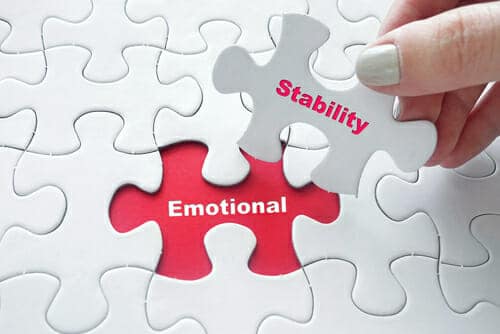Is there such a thing as too old to change their ways?
Change should never be impeded by age. 22% of workers have considered changing careers in the post-pandemic era, defying the antiquated belief that they are “too old” for new prospects. Because time is limited, we must act with intention. Characteristics change over time, highlighting the never-ending journey of life. It’s important to push over mental obstacles, start small, and surround oneself with positive people. This wake-up call dispels age-related constraints and places an emphasis on utilising the present for personal growth.
Read More




